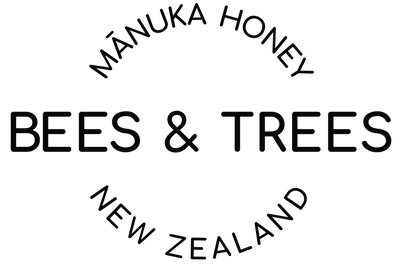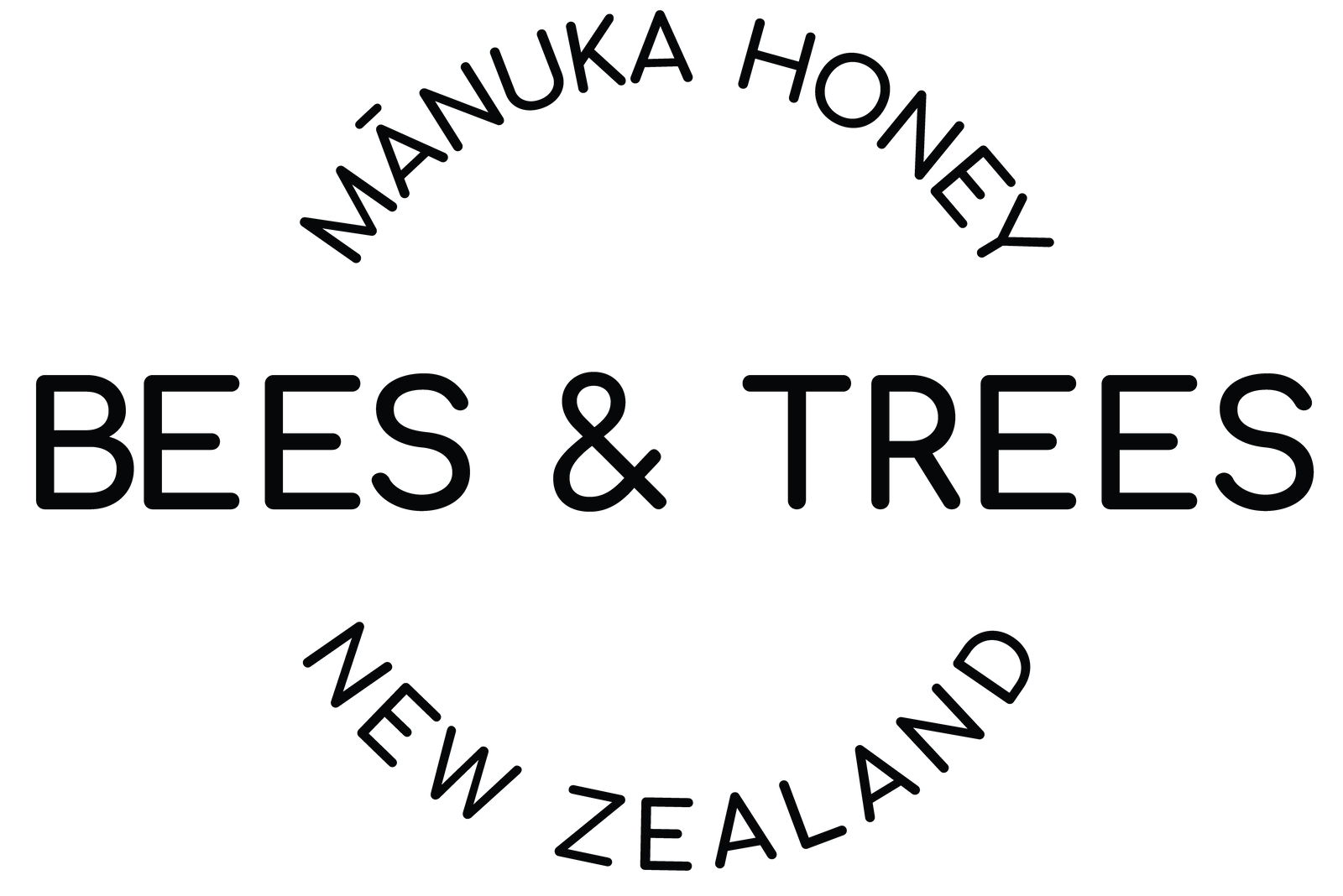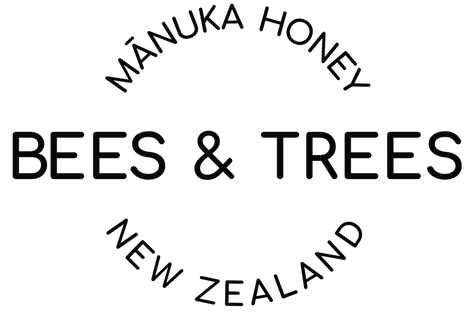Antiviral Properties of Mānuka Honey
With the rapid spread of Coronavirus (COVID-19) many of our customers are turning to various natural approaches to strengthen their body’s immune system. We have always believed that a jar of Mānuka Honey is good to have in the house during cold and flu season for both treatment and symptom relief. Mānuka Honey is best known for and most widely studied and researched for its antibacterial properties. The last reference below discusses and indexes this substantial body of research.
Mānuka Honey and its impact on viruses
There is an abundance of anecdotal evidence that Mānuka honey helps with cold and flu symptoms. My personal experience, and that of my family, is at the first onset of symptoms a couple of teaspoons per day can often head off a cold or greatly mitigate its symptoms. We’ve also seen this effect when used diluted in a saline solution to rinse out sinuses. The common cold is caused by either a Coronavirus (one of the common strains, not COVID-19) or by a Rhinovirus.
In vitro research has been done with regards to the effect of Mānuka honey and its key ingredient, methylglyoxal, on Influenza A and Influenza B virus strains.  The referenced links below are for publicly available abstracts to that research. We have purchased those studies and read the full reports and were impressed with how well Mānuka honey compared with common antiviral treatments in these studies. This same research sites other papers on the positive affects Mānuka honey has shown with two other viruses that cause foot and mouth disease and Newcastle disease.
The referenced links below are for publicly available abstracts to that research. We have purchased those studies and read the full reports and were impressed with how well Mānuka honey compared with common antiviral treatments in these studies. This same research sites other papers on the positive affects Mānuka honey has shown with two other viruses that cause foot and mouth disease and Newcastle disease.
What does this mean for
Mānuka honey and Coronavirus (COVID-19)?
Short answer—nobody knows. We are not medical professionals and can’t give you medical advice. What we do know from scientific research and anecdotal evidence is that Mānuka Honey shows inhibitory activity and potential medicinal value on some viruses. Whether this translates to COVID-19 prevention or treatment is unknown. But honey is a natural product and, excepting diabetic concerns over sugar intake, will not hurt you, and just might help.
evidence is that Mānuka Honey shows inhibitory activity and potential medicinal value on some viruses. Whether this translates to COVID-19 prevention or treatment is unknown. But honey is a natural product and, excepting diabetic concerns over sugar intake, will not hurt you, and just might help.
We felt it important to share this information and encourage you to look at some of this research yourself to draw your own conclusions. We wish you and your family safety and good health during these very trying times.
Mike Everly, Founder
Bees & Trees Manuka Honey
REFERENCES:
Watanabe, K., Rahmasari, R., Matsunaga, A., Haruyama, T., & Kobayashi, N. (2014). Anti-influenza viral effects of honey in vitro: potent high activity of manuka honey. Archives of medical research, 45(5), 359-365.
https://www.ncbi.nlm.nih.gov/
Charyasriwong, S., Haruyama, T., & Kobayashi, N. (2016). In vitro evaluation of the antiviral activity of methylglyoxal against influenza B virus infection. Drug discoveries & therapeutics, 10(4), 201-210.
https://www.ncbi.nlm.nih.gov/
Charyasriwong, S., Watanabe, K., Rahmasari, R., Matsunaga, A., Haruyama, T., & Kobayashi, N. (2015). In vitro evaluation of synergistic inhibitory effects of neuraminidase inhibitors and methylglyoxal against influenza virus infection. Archives of medical research, 46(1), 8-16.
https://www.ncbi.nlm.nih.gov/
Carter, D., Blair, S., Cokcetin, N., Bouzo, D., Brooks, P., Schothauer, R. Harry, E. (2016). Therapeutic Manuka Honey: No Longer So Alternative. Fronteirs in Microbioloby, 7:569.
https://www.ncbi.nlm.nih.gov/


